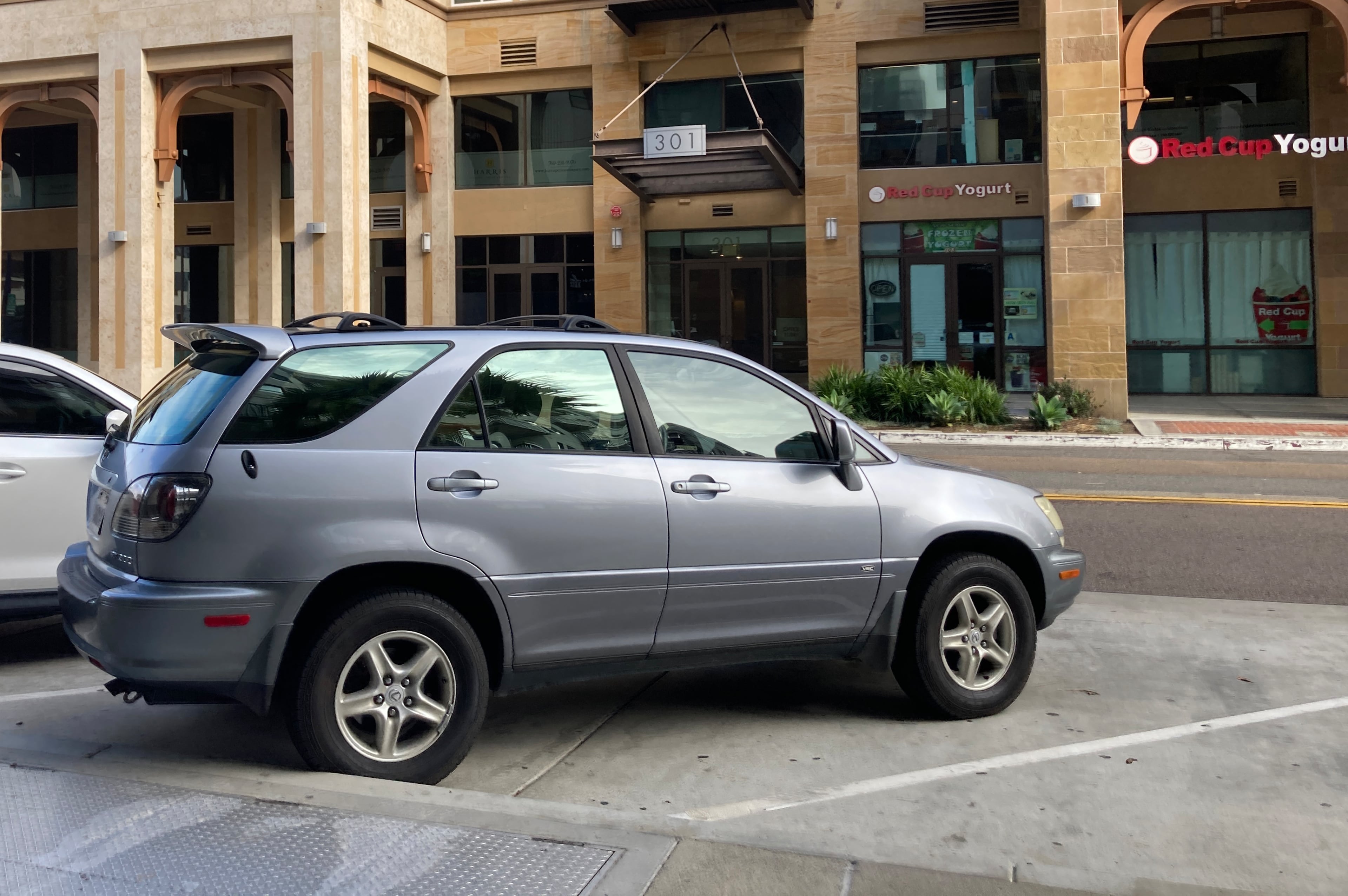Column: Workers feel more valued, but also more stretched
As the local job market improved, so did the way workers perceived their companies.
But metro Atlanta employees say they no longer are achieving the work-life balance they had a year ago, according to a survey conducted by Workplace Dynamics, which partnered with The Atlanta Journal-Constitution to select the top 100 workplaces in metro Atlanta.
“Employees are feeling more stretched as their work and the economy are picking up,” said Doug Claffey, chief executive of Workplace. “Companies are being very cautious about hiring, so people are doing more.”
More than 40,000 Atlanta workers who responded to the survey generally were more positive about their employers this year than last. The 3-percentage-point rise in the overall score was driven, in part, by relatively large increases in two areas:
● Sixty-five percent of those surveyed said they felt genuinely appreciated by their employer — an increase of 9 percentage points from a year ago.
● And 73 percent believe their employer operates with strong values and ethics — a rise of 7 percentage points from the previous year.
There also was considerable improvement by 5 percentage points in the confidence workers had about their futures with their employers. And there was another 5-percentage-point increase in the number of employees who felt well-informed about important management decisions.
In total, an average of 60 percent of those surveyed rated their employers positively on 23 issues. That’s an increase from 57 percent a year ago.
Still, even at these relatively good workplaces, work needs to be done. Only 45 percent believe they are getting paid fairly for the work they do, although that factor was listed low on a list of employee concerns.
“Companies that are the best workplaces, ironically, don’t have to pay as much to get the good people as a not-so-good workplace,” Claffey said. “People value their work experience. They’d rather work for a great company and make a little less money.”
But two-thirds of those surveyed felt frustration. And the biggest decline this year dealt with an important issue for those trying to achieve a balance between their work and personal lives. Sixty-four percent said they have the flexibility they need for the right balance, a decrease of 5 percentage points from a year ago.
“They’re doing more work and having less of a work-life balance,” Claffey said.
And these were the employers who were nominated for the top workplace list. The survey results might be even lower otherwise.
As the economy improves, the metro workplace is expected to shift. Already, some employers are reporting a shortage in much-needed skill positions. They range from software engineers, accountants and information technology specialists to experienced medical personnel, HVAC veterans and mechanics that can repair sophisticated manufacturing equipment. Those shortages will spread to other sectors as the economy gains more steam and as more baby boomers retire.
Today’s labor surplus may be tomorrow’s labor shortage, at least in a growing number of fields. So companies with poor labor practices during the recession likely will be at a disadvantage when attempting to recruit top talent ... or keep it.
“It’s tougher in this Internet age to hide a poor workplace,” Claffey said.
The good employers, meanwhile, shouldn’t rest on their laurels. Improving working conditions — pay, benefits and a work-life balance for employees who have toughed out this recession — is the right thing to do. And it makes good, long-term business sense.
There’s at least one lesson, learned on the street corner, that applies to the workplace: What goes around, comes around.


